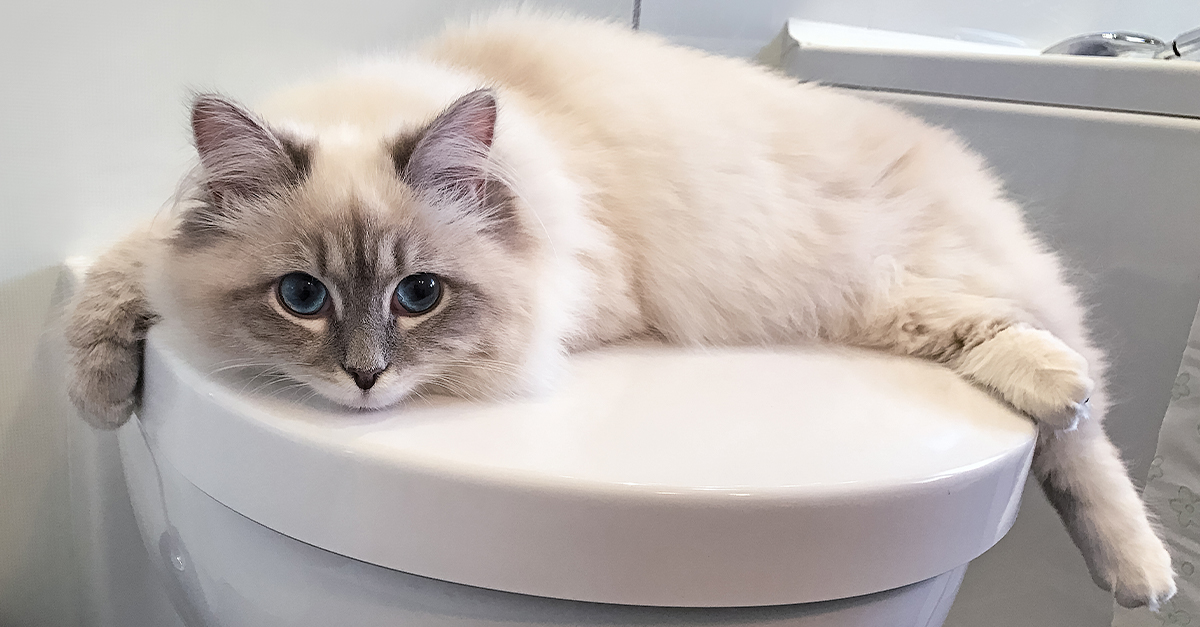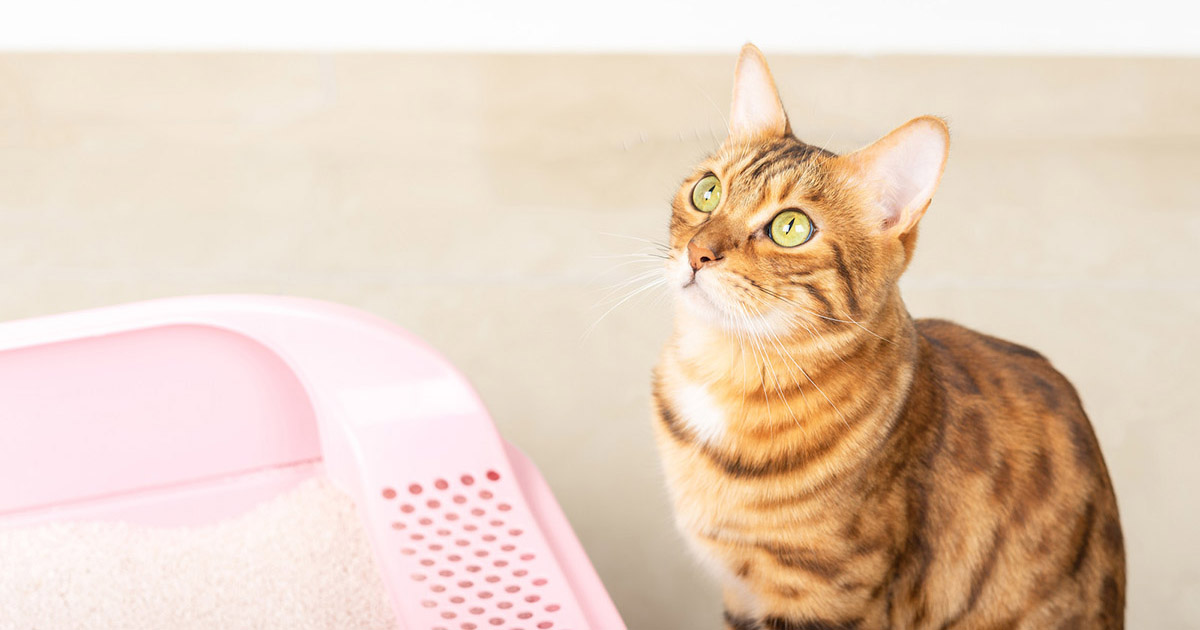Dangers of Flushing Cat Poop Down Your Toilet - Avoid Potential Issues
Dangers of Flushing Cat Poop Down Your Toilet - Avoid Potential Issues
Blog Article
Just how do you actually feel in relation to How to Dispose of Cat Poop and Litter Without Plastic Bags?

Introduction
As pet cat proprietors, it's important to be mindful of exactly how we dispose of our feline good friends' waste. While it may seem convenient to purge pet cat poop down the toilet, this method can have destructive effects for both the atmosphere and human health.
Alternatives to Flushing
Thankfully, there are safer and much more liable methods to dispose of pet cat poop. Take into consideration the adhering to alternatives:
1. Scoop and Dispose in Trash
The most usual method of throwing away pet cat poop is to scoop it right into a biodegradable bag and toss it in the garbage. Be sure to make use of a dedicated trash scoop and deal with the waste quickly.
2. Use Biodegradable Litter
Opt for naturally degradable pet cat clutter made from products such as corn or wheat. These clutters are eco-friendly and can be securely disposed of in the trash.
3. Hide in the Yard
If you have a backyard, take into consideration hiding pet cat waste in a marked location away from veggie yards and water sources. Be sure to dig deep adequate to stop contamination of groundwater.
4. Mount a Pet Waste Disposal System
Purchase a pet waste disposal system specifically designed for pet cat waste. These systems make use of enzymes to break down the waste, minimizing odor and environmental effect.
Health and wellness Risks
In addition to environmental problems, flushing cat waste can additionally posture health and wellness dangers to humans. Pet cat feces might include Toxoplasma gondii, a parasite that can create toxoplasmosis-- a potentially severe illness, especially for pregnant women and people with weakened immune systems.
Ecological Impact
Flushing cat poop presents dangerous microorganisms and parasites right into the water system, positioning a substantial danger to water communities. These impurities can negatively influence marine life and concession water top quality.
Verdict
Accountable pet ownership expands past supplying food and shelter-- it additionally includes correct waste administration. By refraining from purging feline poop down the toilet and selecting alternative disposal methods, we can lessen our environmental footprint and protect human health.
Why You Should Never Flush Cat Poop Down the Toilet
A rose by any other name might smell as sweet, but not all poop is created equal. Toilets, and our sewage systems, are designed for human excrement, not animal waste. It might seem like it couldn’t hurt to toss cat feces into the loo, but it’s not a good idea to flush cat poop in the toilet.
First and foremost, assuming your cat uses a litter box, any waste is going to have litter on it. And even the smallest amount of litter can wreak havoc on plumbing.
Over time, small amounts build up, filling up your septic system. Most litter sold today is clumping; it is made from a type of clay that hardens when it gets wet. Ever tried to scrape old clumps from the bottom of a litter box? You know just how cement-hard it can get!
Now imagine just a small clump of that stuck in your pipes. A simple de-clogger like Drano isn’t going to cut it. And that means it’s going to cost you big time to fix it.
Parasitic Contamination
Believe it or not, your healthy kitty may be harboring a nasty parasite. Only cats excrete Toxoplasma in their feces. Yet it rarely causes serious health issues in the cats that are infected. Most people will be fine too if infected. Only pregnant women and people with compromised immune systems are at risk. (If you’ve ever heard how women who are expecting are excused from litter cleaning duty, Toxoplasma is why.)
But other animals may have a problem if infected with the parasite. And human water treatment systems aren’t designed to handle it. As a result, the systems don’t remove the parasite before discharging wastewater into local waterways. Fish, shellfish, and other marine life — otters in particular — are susceptible to toxoplasma. If exposed, most will end up with brain damage and many will die.
Depending on the species of fish, they may end up on someone’s fish hook and, ultimately on someone’s dinner plate. If that someone has a chronic illness, they’re at risk.
Skip the Toilet Training
We know there are folks out there who like to toilet train their cats. And we give them props, it takes a lot of work. But thanks to the toxoplasma, it’s not a good idea.

We are very serious about How to Dispose of Cat Poop and Litter Without Plastic Bags and I hope you enjoyed the entire post. Please take the opportunity to promote this entry if you enjoyed it. Thank you for your time invested reading it.
Phone Report this page